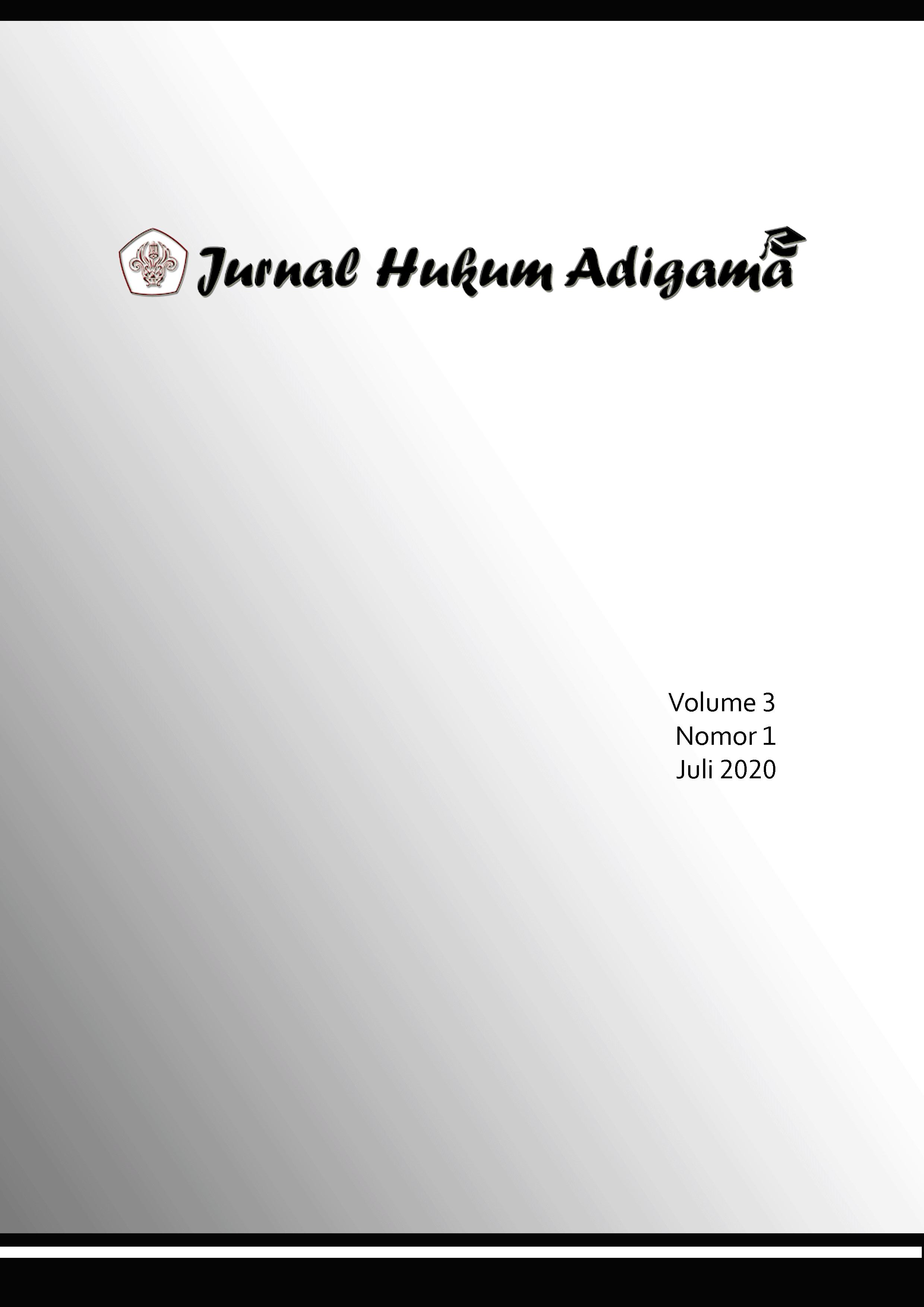PELAKSANAAN PEMBALIKAN BEBAN PEMBUKTIAN TINDAK PIDANA PENCUCIAN UANG
Main Article Content
Abstract
The Crime of Money Laundering embraces the Principle of Reversal Burden of Proof. Article 77 of the Law of Money Laundering obliged The Defendant to prove the origin of their properties. This Principle of Reversal Burden Proof means that because of its specificity the Defendant is given the burden of proof which actually it is Public Prosecutor’s, so the burden of proof is shifting from the charges of the Public Prosecutor to the Defendant. However Article 66 of the Criminal Procedure Code stated that Defendant is not the one who bears the burden of proof, this act is the incarnation of the Principle of Innocence. This view of the principle is defined by the term reversal of evidence made for certain cases of proof not refracted as self-incrimination including the right to remain silent which known from the Miranda case/ Miranda Rules/ Miranda Warning or the principle of Presumtionof Innoncence. The Crime of Money Laundering and Corruption differentiates the Principle of Reversal Burden of Proof which as in the Crime of Money Laundering it is an obligation for Defendant to act the principle but in the Crime of Corruption it is a right to Defendant to do or neither not to implemates the Principle of Reversal Burden of Proof. The implementation of this principle in trials is conducted in different ways in practice but essentially the same as other criminal proceedings.
Article Details
Section
This work is licensed under a Jurnal Komunikasi Creative Commons Attribution-ShareAlike 4.0 International License.

